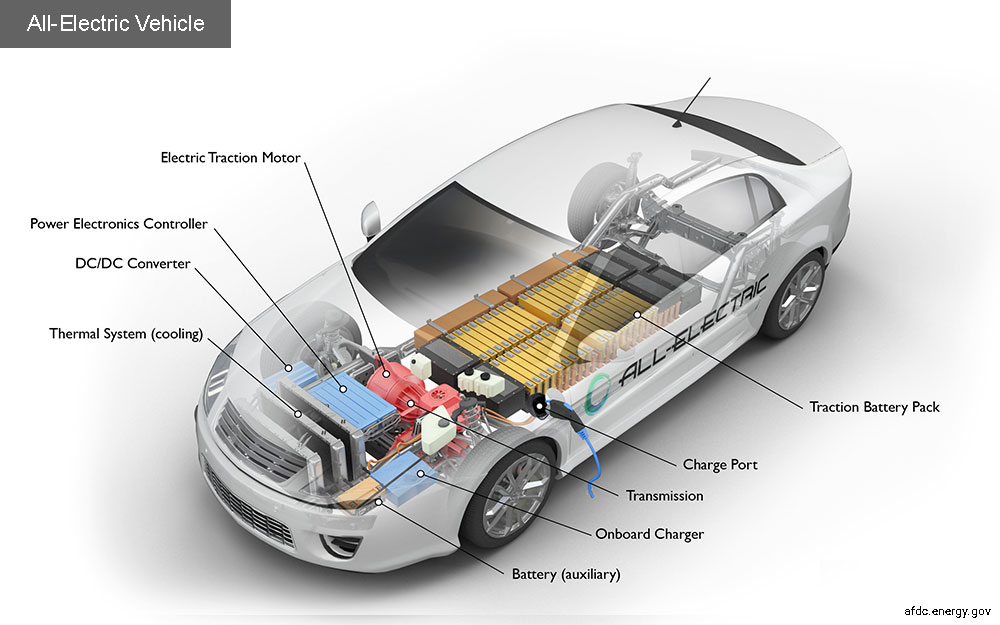Index Surge: Amplifying Your Insights
Stay updated with the latest trends and news across various industries.
Charging Ahead: The Unexpected Costs of Going Electric
Discover the surprising hidden costs of going electric—are you ready to charge ahead? Discover the truth before you make the switch!
The Hidden Expenses of Electric Vehicle Ownership
While electric vehicles (EVs) are often marketed as a cost-saving alternative to traditional gasoline cars, the hidden expenses of electric vehicle ownership can quickly add up. Many new EV owners underestimate the cost of home charging installations, which can range from $500 to $2,000, depending on your electrical setup and the charger type. Additionally, while EVs generally require less maintenance than their gas-powered counterparts, battery replacement can be a significant financial burden, potentially costing between $5,000 and $15,000 after several years of use.
Furthermore, insurance premiums for electric vehicles tend to be higher than average due to their expensive parts and repair costs. Another overlooked expense is the cost associated with public charging stations, where fees can vary widely. For instance, fast-charging networks might charge up to $0.30 per kilowatt-hour or more. To truly understand the total cost of ownership, potential buyers must also consider these factors along with state incentives and potential tax breaks that can offset some of these hidden expenses.

Is Going Electric Really Worth It? A Breakdown of Costs
As the world shifts towards sustainable energy solutions, many consumers are contemplating the question, Is going electric really worth it? To answer this, it's essential to analyze the initial investments versus long-term savings. While electric vehicles (EVs) can come with a higher upfront cost compared to their gas-powered counterparts, various factors can offset this spending, such as reduced fuel costs, lower maintenance expenses, and government incentives. For instance, EV owners can save significantly on fuel, as electricity is generally cheaper than gasoline. Additionally, many governments offer tax credits and rebates that can diminish the overall purchase price.
However, the costs don't end at the point of purchase. Going electric also means considering charging options—whether at home or through public stations—and how this might impact your electricity bill. The average cost to charge an EV at home is significantly lower than refueling with gas but will vary depending on your local energy rates. Furthermore, there are aspects of depreciation and resale values to consider, as technology in the electric vehicle market continues to evolve. Ultimately, while the financial outlay for electric vehicles can be substantial, the cumulative savings over time may indeed make it a worthy investment for environmentally conscious individuals looking to reduce their carbon footprint.
Beyond the Purchase Price: What to Expect When Transitioning to Electric Vehicles
Transitioning to electric vehicles (EVs) involves more than just considering the purchase price. While the initial cost of EVs may be higher than traditional vehicles, it's essential to weigh the long-term savings on fuel and maintenance. Drivers can expect to save significantly on gasoline costs, as electricity is often cheaper per mile traveled. Additionally, EVs generally require less maintenance due to fewer moving parts, meaning fewer trips to the mechanic and less money spent on repairs.
Aside from the financial aspects, transitioning to electric vehicles also brings about lifestyle changes. Many owners find themselves adjusting to different charging habits, as they may need to invest in a home charging station or locate public charging stations for longer trips. Furthermore, understanding how to optimize driving to enhance battery life and maximize range becomes crucial. It's also worth noting that consumers can benefit from various incentives, such as tax credits and rebates, which can help offset the initial investments. Overall, preparing for the transition requires a holistic approach that goes beyond just the purchase price.